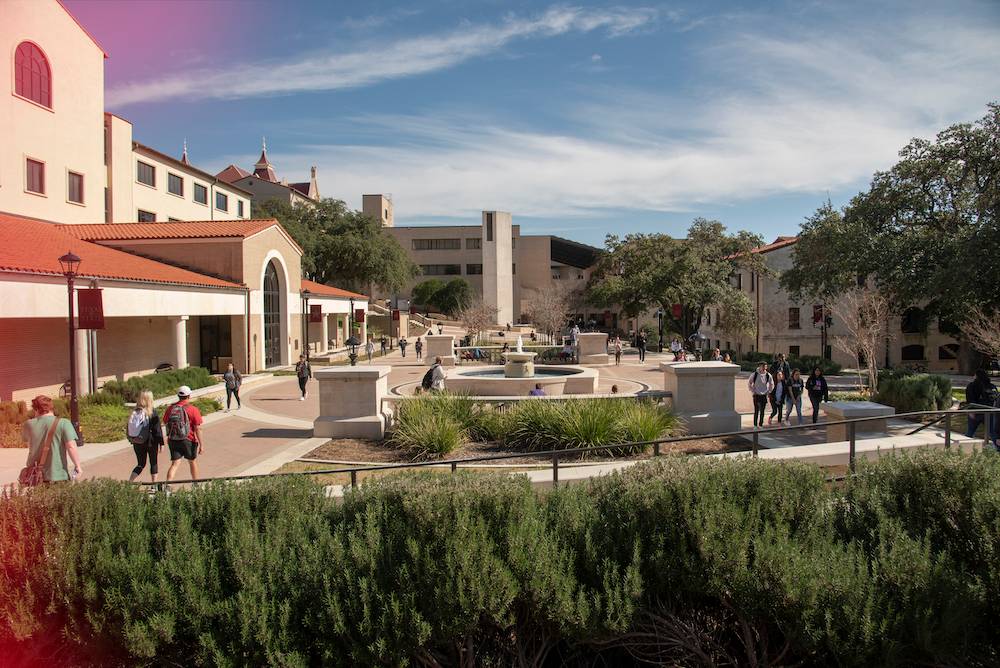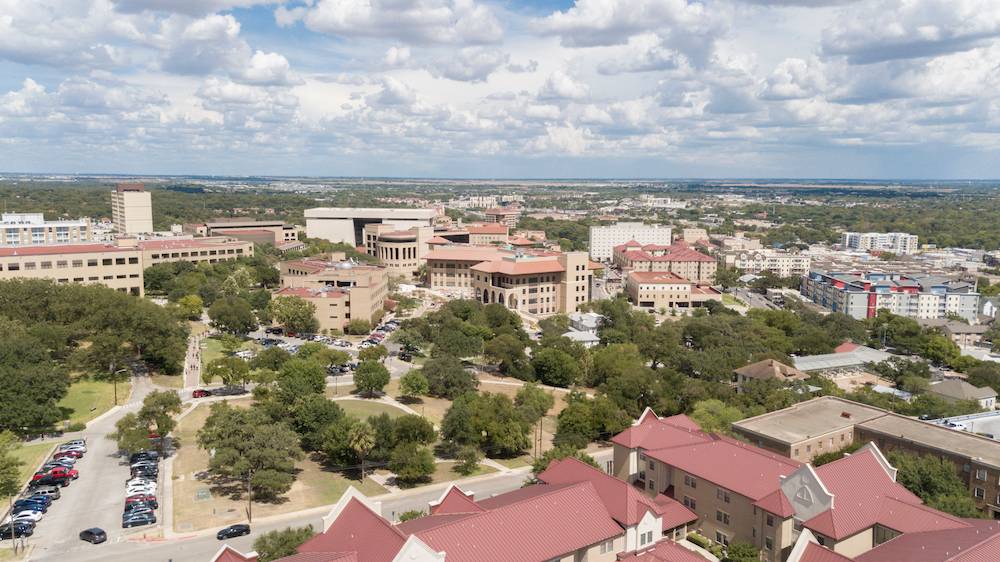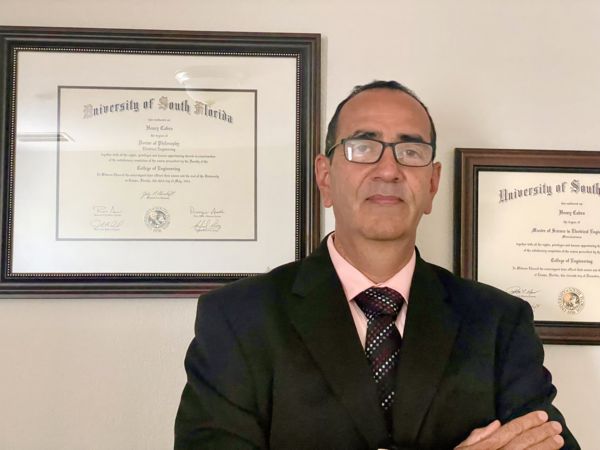Biography and education
Henry Cabra received his Ph.D. (2014) and MS degree (2009) in Electrical Engineering from the University of South Florida. In addition, he also holds a Masters in Communication and Technological Innovation from the Instituto Latinoamericano de La Comunicación Educativa (ILCE), México, 2007. His BS is in Electronic Engineering from the Universidad Pontificia Bolivariana, Medellín, Colombia in 1994.
Currently, he is a Lecturer faculty in the Ingram School of Engineering at Texas State University and a Full-Time Faculty in the Engineering Technology program at Polk State College. Most recently, in the summer of 2017, he conducted research with the Advanced Materials and Biocompatible Interfaces Research (AMBIR) Group, where he worked with Dr. Sylvia Thomas, of the Department of Electrical Engineering. His research examined some basic parameters linked to electrospinning and the PCPU polymeric solution impregnated with Silicon Carbide (SiC) nanoparticles to produce fiber membranes.
Currently, he is a Lecturer faculty in the Ingram School of Engineering at Texas State University and a Full-Time Faculty in the Engineering Technology program at Polk State College. Most recently, in the summer of 2017, he conducted research with the Advanced Materials and Biocompatible Interfaces Research (AMBIR) Group, where he worked with Dr. Sylvia Thomas, of the Department of Electrical Engineering. His research examined some basic parameters linked to electrospinning and the PCPU polymeric solution impregnated with Silicon Carbide (SiC) nanoparticles to produce fiber membranes.
Teaching Interests
Research Interests
Featured grants
- Cabra, Henry. In Ensuring workforce readiness for the energy and manufacturing industries through educational simulations, NSF, Federal. (Submitted: 2017, Funded: 2021). Grant.

Featured scholarly/creative works
- Ababneh, M. M., Cabra, H., Perez, S., & Thomas, S. (2018). Design of Notched Turbine Energy Harvesting System. In Conference Proceedings - IEEE SOUTHEASTCON (Vol. 2018-April, pp. 1–5). IEEE. https://doi.org/10.1109/SECON.2018.8479159
- Cabra, H. (2017). Mini Notched Turbine Generator.
- Cabra, H., Ababneh, M. M., Perez, S., Cabra, H., & Thomas, S. (2017). Design of a novel mini notched turbine with optimized power management circuit. In 2017 8th International Renewable Energy Congress, IREC 2017 (pp. 1–6). IEEE. https://doi.org/10.1109/IREC39965.2017
- Cabra, H. (2014). Design, Simulation, Prototype, and Testing of a Notched Blade Energy Generation System. United States: ProQuest LLC. Retrieved from https://digitalcommons.usf.edu/cgi/viewcontent.cgi?article=6188&context=etd
- Cabra, H., & Thomas, S. W. (2011). Design, simulation and prototyping model of a miniaturized bio energy generation system. In Modelling and Simulation (pp. 22–28). ActaPress. https://doi.org/10.2316/P.2011.735-059
Featured awards
- Award / Honor Recipient: NSF ATE Excelsior grant, NSF. 2017 - June 2021
- Award / Honor Recipient: Travel Grant Award, National Science Foundation. 2018
- Award / Honor Recipient: Travel Grant Award, National Science Foundation. 2018
- Award / Honor Recipient: Travel Grant Award, National Science Foundation. 2017
- Award / Honor Recipient: Research Experience for Teachers (RET), National Science Foundation. 2017

Featured service activities
- Undergraduate Advisor
SHPE
- Other
Alumni Association
- Reviewer / Referee
FIRST® Robotics Competition
- Judge
FIRST Robotics Competition
- Reviewer / Referee
IEEE Transactions on Power Electronic
- Reviewer / Referee
IEEE Transactions on Power Electronic

